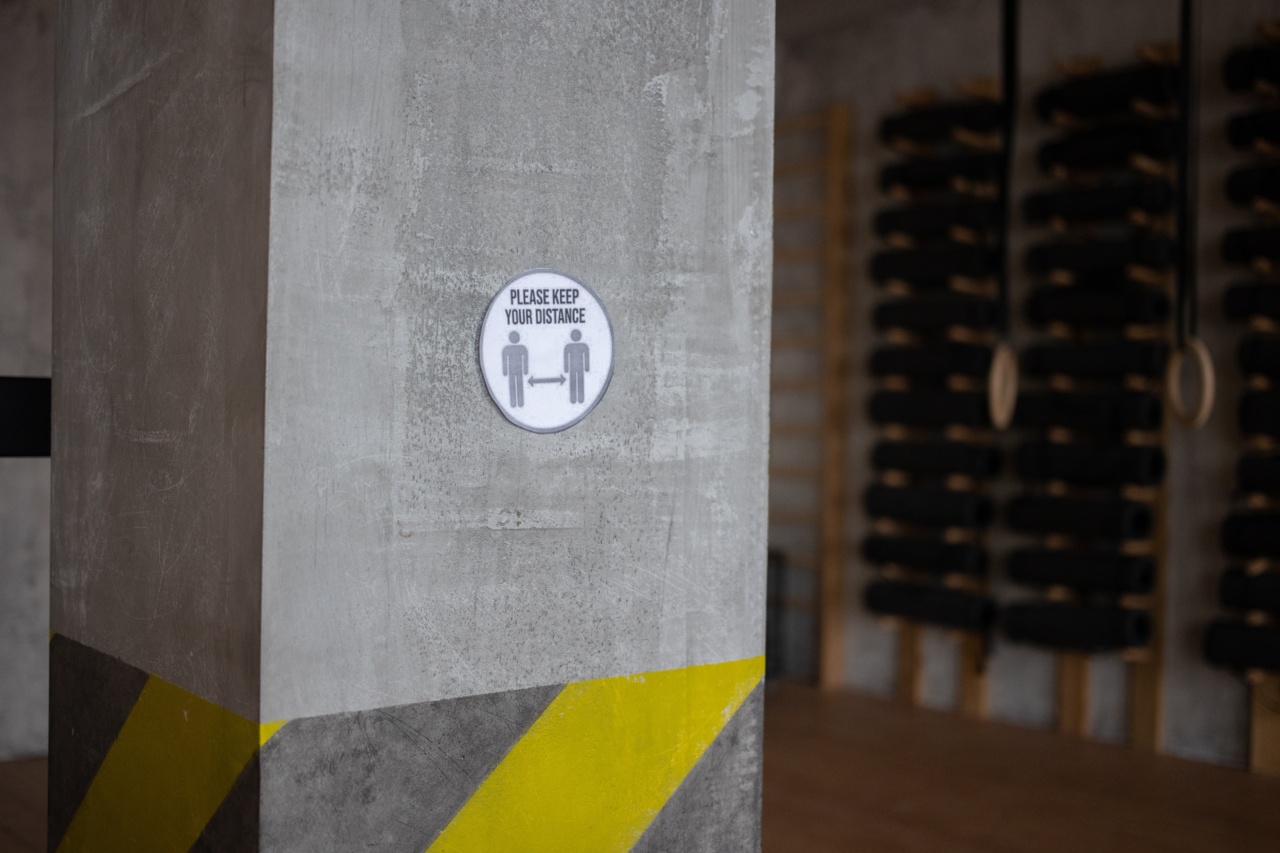Estrogen is a hormone that plays a vital role in the overall well-being of women. It is responsible for regulating the menstrual cycle, maintaining bone health, and promoting heart health.
However, when estrogen levels fall below normal, it can lead to a hormonal imbalance, causing various signs and symptoms.
1. Insomnia
One of the most common signs of low estrogen is difficulty falling asleep or maintaining a restful sleep. Estrogen helps regulate the sleep/wake cycle, and when its levels are low, it can disrupt this balance, leading to insomnia.
Women experiencing low estrogen may find themselves tossing and turning at night, struggling to get the recommended hours of sleep.
2. Night Sweats
Low estrogen levels can also result in night sweats, which are episodes of excessive sweating during sleep. These sweats can be uncomfortable and disruptive, often causing women to wake up feeling drenched and clammy.
Night sweats can affect the quality of sleep and leave women feeling exhausted during the day.
3. Hot Flashes
Hot flashes are a classic symptom of menopause, which is often associated with low estrogen levels. These sudden and intense feelings of heat can cause flushing, sweating, and heart palpitations.
Hot flashes can occur during the day or night, and while they may last only a few minutes, they can be highly bothersome and disrupt sleep patterns.
4. Increased Waking at Night
Low estrogen can lead to increased waking episodes during the night. Women may find themselves waking up frequently, making it difficult to achieve a restful night’s sleep. These frequent awakenings can also lead to next-day grogginess and fatigue.
5. Restless Leg Syndrome
Restless Leg Syndrome (RLS) is a condition characterized by an uncontrollable urge to move the legs, often accompanied by an uncomfortable sensation.
While the exact cause of RLS is unknown, low estrogen levels have been associated with the development or worsening of symptoms. This can lead to restless nights as women feel the need to continuously move their legs.
6. Mood Changes
Estrogen plays a vital role in regulating mood, and when levels are low, it can lead to mood swings, irritability, and increased anxiety or depression.
These emotional changes can affect sleep patterns, making it more difficult to fall asleep or stay asleep throughout the night.
7. Fatigue and Lack of Energy
Low estrogen levels can contribute to feelings of fatigue and a general lack of energy. Women with low estrogen may find it challenging to get through the day without feeling exhausted.
These feelings of fatigue can also make it harder to unwind and have a restful sleep at night.
8. Irregular Menstrual Cycles
One of the primary functions of estrogen is to regulate the menstrual cycle. When estrogen levels are low, women may experience irregular periods or missed periods altogether.
These hormonal changes can also affect sleep patterns, leading to difficulty falling asleep or staying asleep during certain phases of the menstrual cycle.
9. Vaginal Dryness
Estrogen helps maintain the health and lubrication of the vaginal tissues. When estrogen levels are low, women may experience vaginal dryness, which can cause discomfort during intercourse and may contribute to disrupted sleep.
10. Decreased Libido
Estrogen plays a crucial role in regulating sexual function and desire in women. When estrogen levels are low, it can lead to a decrease in sexual desire, often resulting in a decreased libido.
This decrease in libido can cause stress and strain in intimate relationships and can also affect sleep patterns.
Conclusion
Estrogen is an essential hormone that impacts various aspects of a woman’s overall health. When levels are low, it can lead to a range of symptoms, many of which can disrupt sleep patterns.
If you are experiencing any of the signs mentioned above, it is important to consult with a healthcare professional to discuss possible hormonal imbalances and explore treatment options.






























